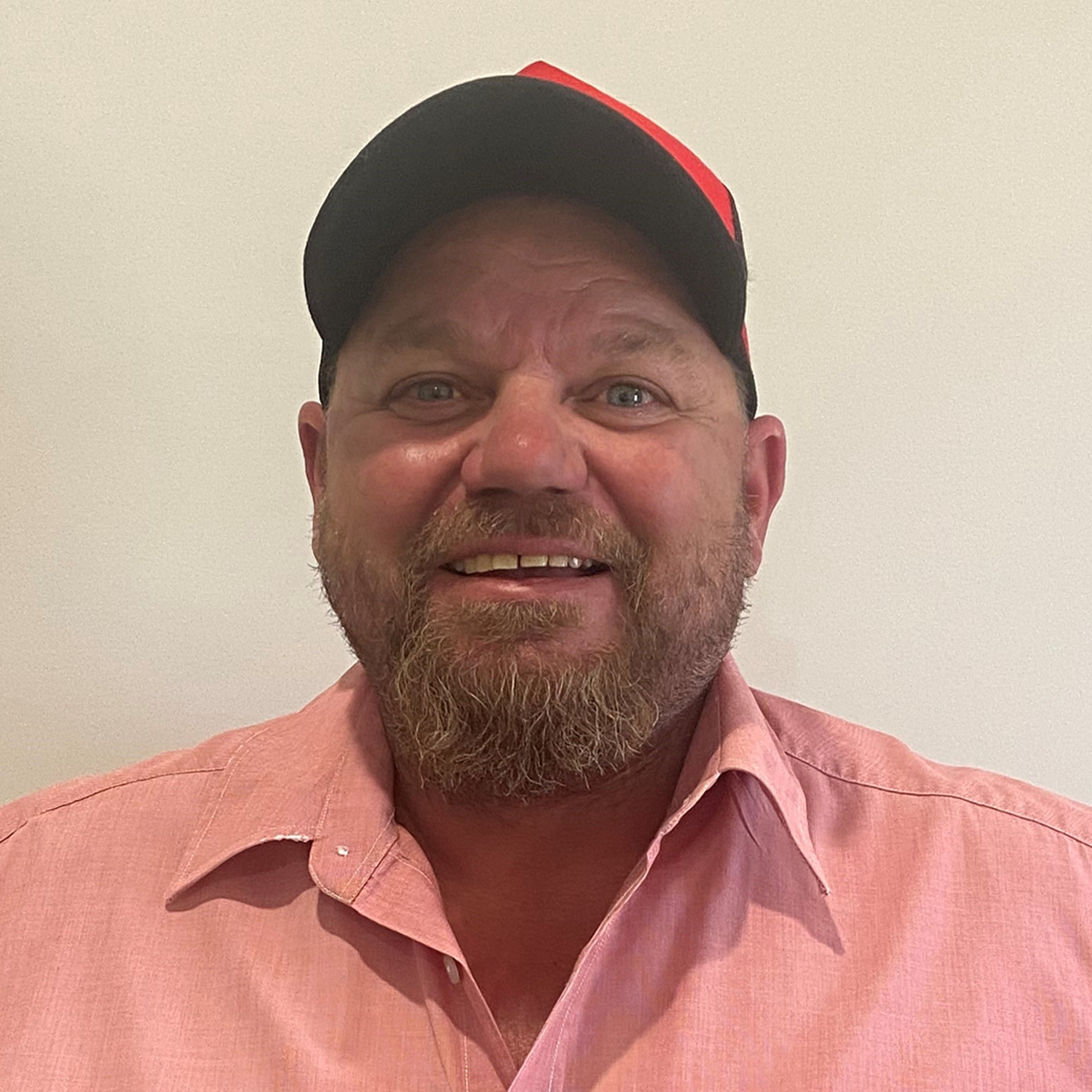Located along the Murray River in South Australia, and bordered by the desert outback, the Riverland's climate is almost Mediterranean with warm, dry summers and relatively mild winters, providing perfect conditions for viticulture.

It generates more dollars per hectare than any Australian region and does it on the lowest national spend per hectare, thanks in part to its climate, a strong focus on sustainability and grower proficiency.
One such model of grower proficiency is Tim Petch, a third-generation wine grape grower in Loxton. In three generations the farm has increased from a 25 hectare (ha) soldier settler grant to the current 250 ha, through hard graft and increased efficiencies.
To achieve this growth, everything must work. Last year Tim trialed Revus® fungicide and Miravis® fungicide, which are available as the Mildew Manager® fungicide pack.
“It’s always a bit nerve-wracking when you use a product for the first time; you’ve got to trust the science and it’s me that’s going to wear the financial effect if it doesn’t work,” says Tim.
“I’m the boss, so if it doesn’t work, if there’s disease and the fruit is rejected, that affects me.
“We have so many different varieties that flower at different times and that’s where those products worked really well and that’s why I’ll continue to use them.”
Tim aims to future-proof his spray program and has attended workshops to see for himself the results of trials.
“In the last few years we’ve had a small amount of rain across flowering and had downy mildew events when it technically wasn’t within the parameters, so I thought it was important to protect them,” says Tim.
“Revus® seemed to be pretty good, being a systemic product that would actually go into the bunch, whereas anything else would just stay on the outside. So if a grape hadn’t flowered yet the cap would fall off and you’d have an unprotected berry underneath.
“Using Revus® we can sleep a bit better at night, knowing that we’re protected.”
Apart from added security, Tim’s new spray regime has saved time.
“The use of those two products gave me a three-week break in the spray program and that meant I could slip in and do a weed spray in that time too, so it bought me a bit of time, which is good.
“People talk about it being an expensive product but it has saved me two, maybe three, sulphur runs. When you factor that in, I reckon you’re in front. Using Miravis® you’ve got clean fruit at the end.”
Steve Lehmann at Elders Loxton is Tim’s agronomist and a great promoter of the Riverland.
“We’re probably the underdogs of growing grapes in Australia because we’re not that niche market and we’re not Coonawarra, Barossa, McLaren Vale – areas that everyone will know, Australia-wide,” says Steve.
“You say the Riverland and they think, ‘I’m not quite sure what goes on there’. Yet we probably grow about 24% of Australia’s wine grapes out of this area.”
 Elders agronomist Steve Lehmann.
Elders agronomist Steve Lehmann.
Steve has been a part of Tim Petch’s decision to trial Syngenta products on his vines.
“I think bang-for-buck both of those products (Miravis® and Revus®) are very good. There are lots of different reasons to be using both.”
Steve Lehmann, Agronomist, Elders Loxton.
“With Revus®, its ability to hang within the leaf tissue is probably, for me, the biggest tick. Where we’ve used it, it’s definitely done a good job. When used at full rates Miravis® and Revus® will give you pretty long control – it can stretch it out to 21 days.”
The fruits of Tim’s labour produce some of Steve’s favourite varieties.
“I’m a big fan of Tim’s Chardonnay. He does all varieties, he’s also got a beautiful little patch of pinot that comes off early, so it’s got to be clean fruit.
“The winemakers he delivers it to are pretty happy with it; they rate it as being very clean.”
This article was written by Syngenta for Seasons magazine.
Please note: this article contains information of a general nature, and does not take into account your personal objectives, situation or needs. Before acting on any information, you should consider the appropriateness of the information provided, and seek advice on whether it is fit for your circumstances.
Meet the team
